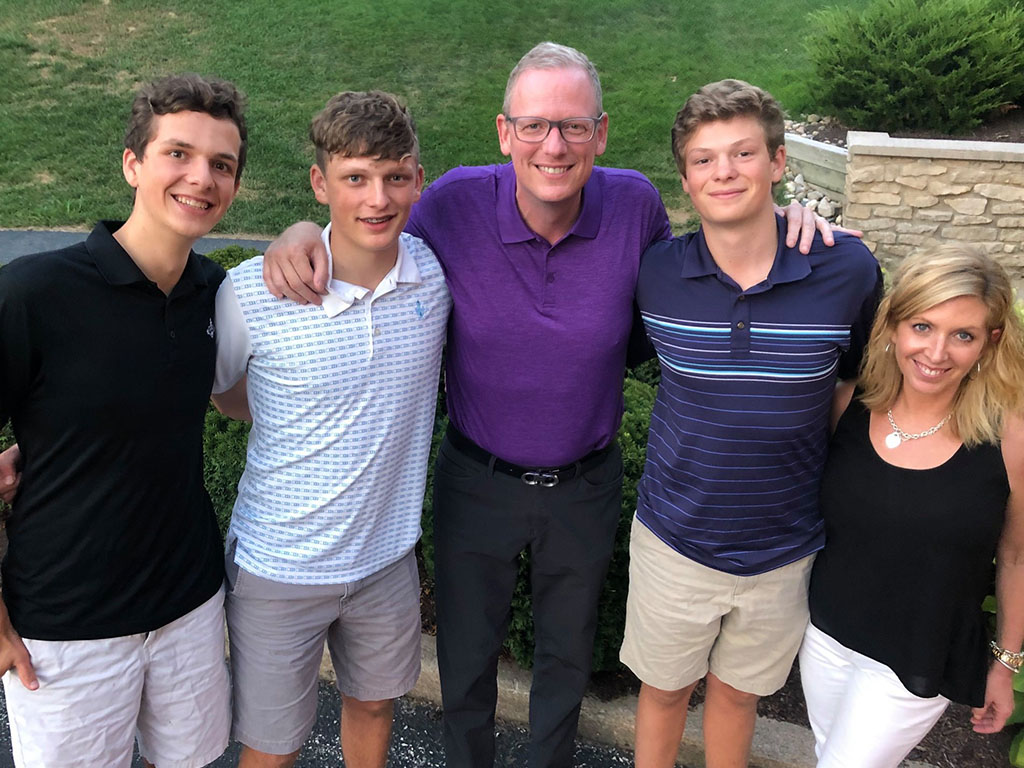Demystifying cancer research, clinical trials, and survivorship
We used to be reluctant to brag about our research advancements and survivor stories. Then we decided bold is better—because we need everyone to know about the amazing things happening around here.
Everything we do is built on the spirit of discovery in every lab and exam room, the strength of every patient who participates in a clinical trial, and the generosity of every supporter like you.
It’s all about proving that #ResearchCuresCancer. Let’s do this.


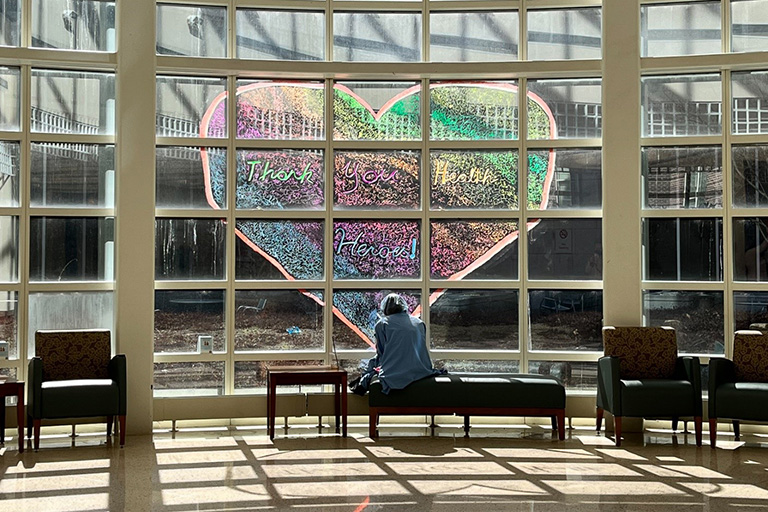
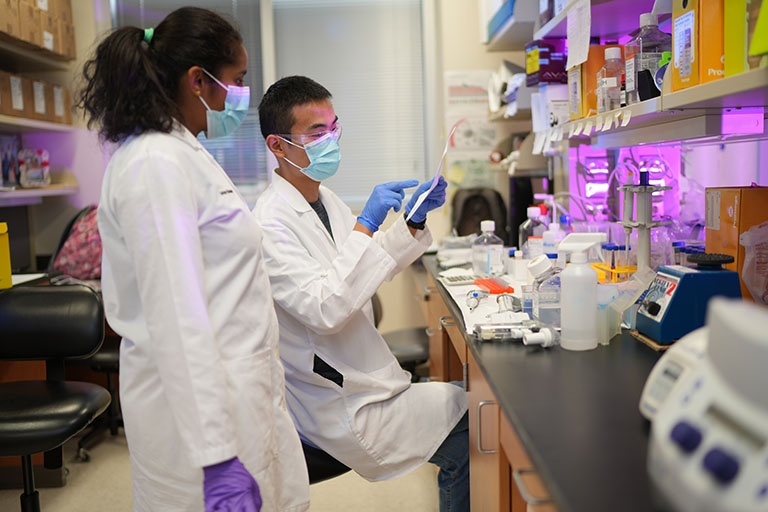
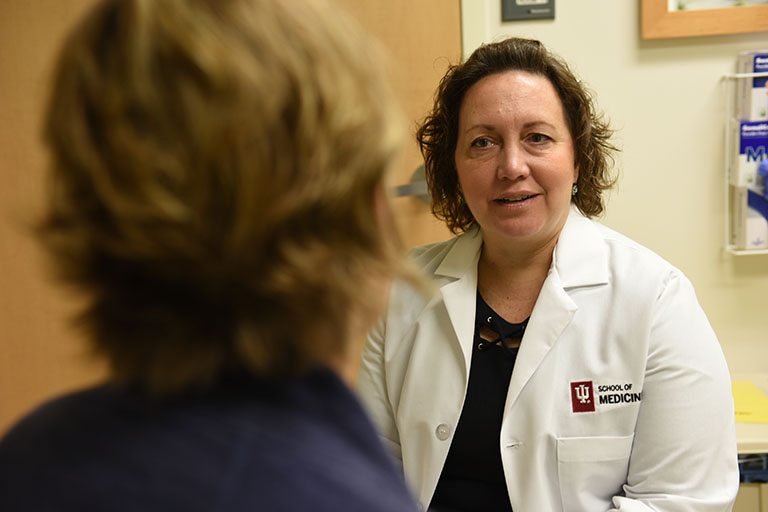
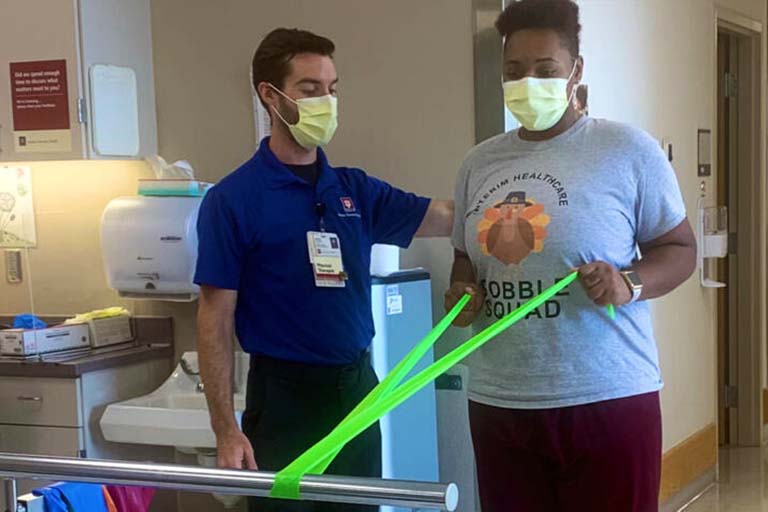
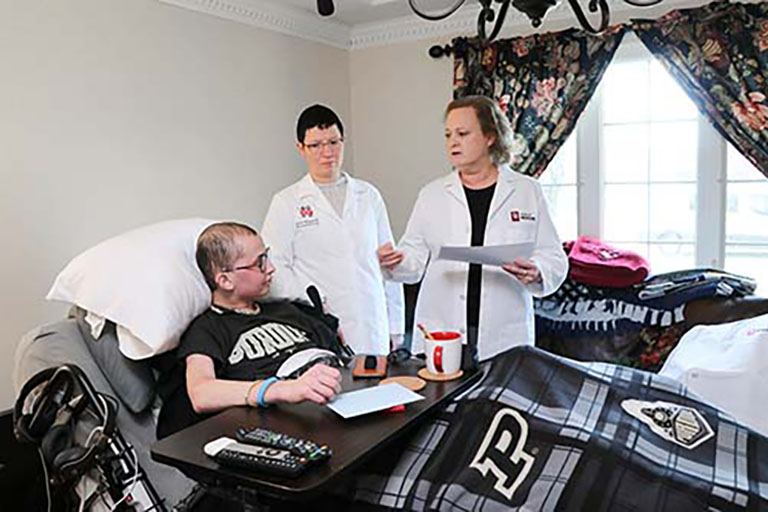
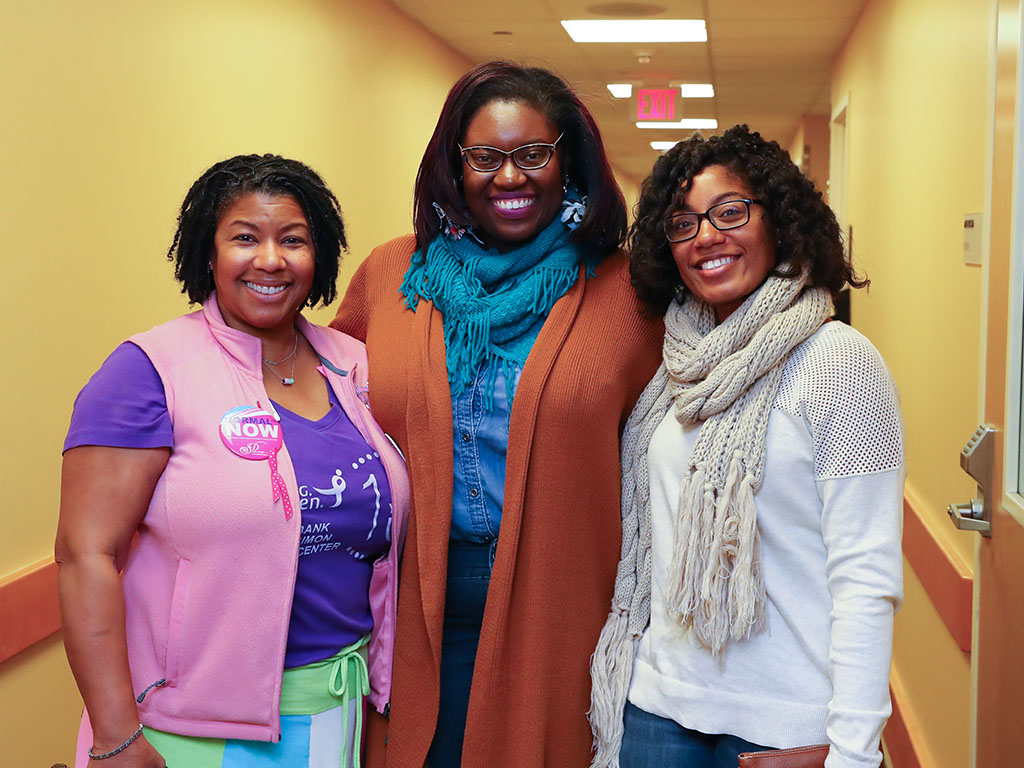
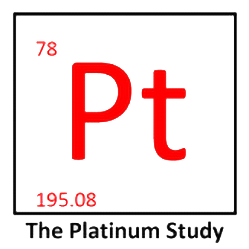 Testicular cancer is a highly curable disease, but we still have unanswered questions about long-term effects of the most common treatment: a platinum-based chemotherapy drug called cisplatin.
Testicular cancer is a highly curable disease, but we still have unanswered questions about long-term effects of the most common treatment: a platinum-based chemotherapy drug called cisplatin.
